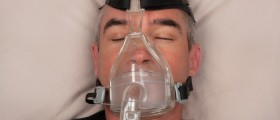Loading...
If you would like to speak further get back to me.
Thanks
Loading...
Loading...
Loading...
Loading...
Hi, guys.
Our medical expert sent me an answer regarding this issue.
Difficulty sleeping is a common issue after thyroidectomy, as it can disrupt your hormonal balance and cause anxiety and stress. Here are some strategies that may help improve your sleep:
-
Stick to a regular sleep schedule: Go to bed and wake up at the same time every day, even on weekends.
-
Create a relaxing bedtime routine: This could include taking a warm bath, reading a book, or practicing deep breathing or meditation.
-
Create a comfortable sleep environment: Make sure your bedroom is cool, dark, and quiet, and invest in a comfortable mattress and pillows.
-
Avoid stimulating activities before bedtime: Avoid using electronics, including phones, tablets, and computers, at least one hour before bedtime.
-
Limit caffeine and alcohol intake: Avoid consuming caffeine and alcohol, especially in the late afternoon and evening.
-
Exercise regularly: Regular physical activity can improve sleep quality and reduce stress levels.
-
Talk to your doctor: If you continue to experience difficulty sleeping, talk to your doctor. They may recommend medications or other interventions to help you sleep better.
It's important to be patient and persistent when trying to improve your sleep. Give yourself time to adjust and try different strategies to find what works best for you.
Loading...

















